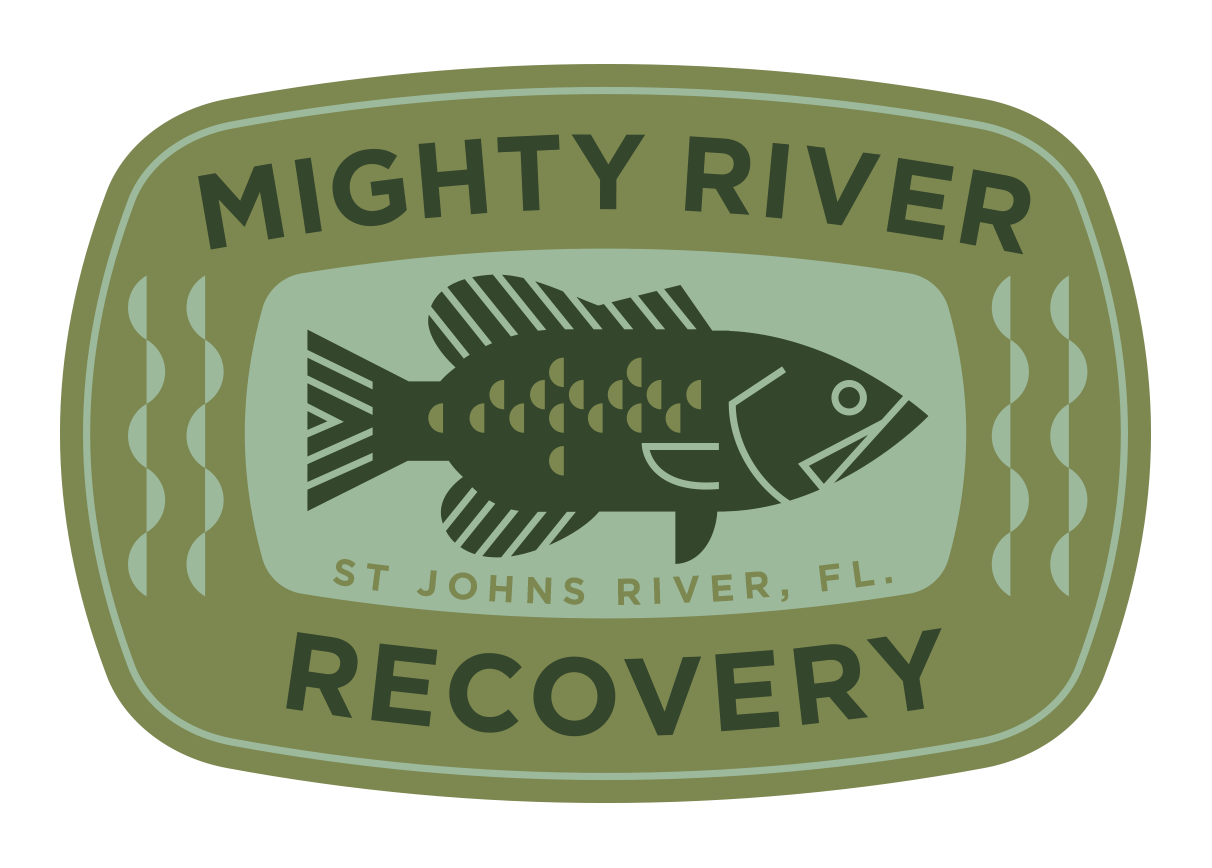The Details on “Spraying.”
Without question, the most discussed topic regarding St. Johns River habitat management is the use of aquatic herbicides, known to many as “spraying”. It’s important that we discuss the details of this controversial issue, and keep our members up to date as we learn more.
We need to point out that we don’t know everything there is to know about herbicide use on Florida’s resources. While a number of groups – most notably the Florida FWC – have become more transparent and open to discussions on spraying, there is still a lot to learn.
Mighty River Recovery plans to investigate and publicize all we can about herbicide use on Florida’s waterways. We feel the best way to engage our membership is through real, transparent information. As we gather the details, we’ll publicize here and on our social media channels. Area managers (those in charge of the practice) have expressed a desire for more communication in this regard, and we plan to take them up on it.
Results from herbicide use in 2023
So who controls herbicide use on the St. Johns River? Actually, several groups, which can lead to disconnect and confusion.
For the most part, management of the St. Johns River as a navigational waterway is the job of the US Army Corps of Engineers (USACE). While this group’s mission includes ecosystem and habitat management, their primary role is to prevent navigational hazards and reduce flood risk. These are very real topics, as we’ve all seen in recent years with major flooding throughout Florida, exasperated by a number of factors.
Another group involved in the upkeep of the St. Johns River is the St. Johns River Water Management District (SJRWMD). Their mission is “to protect our natural resources and support Florida’s growth by ensuring the sustainable use of Florida’s water for the benefit of the people of the District and the state.” The SJWMD includes flood protection, as well as water quality issues in their work. It’s also important to point out that the SJWMD maintains several properties in the St. Johns River corridor, often as buffers to the watershed, many of which offer excellent recreational opportunities.
Most of the “fish issues” on our river fall into the hands of the Florida FWC. This is a complex group, covering fish and wildlife care, law enforcement, biological study, habitat enhancement and much more.
Finally, several non-profits and foundations operate and may impact river habitat decisions. The St. Johns Riverkeeper, for example, is the leading non-governmental agency currently working on habitat restoration. And the Fish and Wildlife Foundation of Florida often partners with the FWC in funding important initiatives affecting habitat.
With so many managers, it’s easy for St. Johns River users to get confused. For example, when we discuss herbicide use, the overwhelming majority of citizens believe St. Johns River spraying is headed by the Florida FWC, when, in fact, it’s not. In our unique case (navigational waterway), most herbicide treatment is carried out by the USACE.
It’s also important to understand that this is a necessary practice. Ask any veteran St. Johns River user what things were like in the early 1980s, and they can inform you of times when water hyacinths completely overtook the river, making many recreational opportunities impossible, and ultimately impacting the health of the St. Johns.
But are our current practices the best we can do? The numbers say no.
Mighty River Recovery believes we have more to learn and discuss with our managers, and we can do better. While real concerns exist about flooding and navigational, a documented decline in fish and fishing has occurred over the last four decades. With it, comes a noted decline in area tourism.
We simply cannot continue with our current practices of habitat management and expect this resource decline to end. We must do better, and we plan to push managers to consider other options.
Currently, members of Mighty River Recovery are involved with the Florida FWC Aquatic Plant Management Technical Assistance Group (TAG), and also dialogue and attend meetings with the USACE and SJRWMD. We want to expand our footprint with these groups, educate you as to their practices, and work together for a healthier river.
WE NEED YOUR HELP to do this. Singing up to be part of Mighty River Recovery (emails) helps. Becoming a member helps more. Through numbers we earn a bigger seat at the table.
Remember, it’s OUR resource, our river, and we deserve to be part of the decisions regarding its care.
We will continue to update you on this central topic to our mission.

